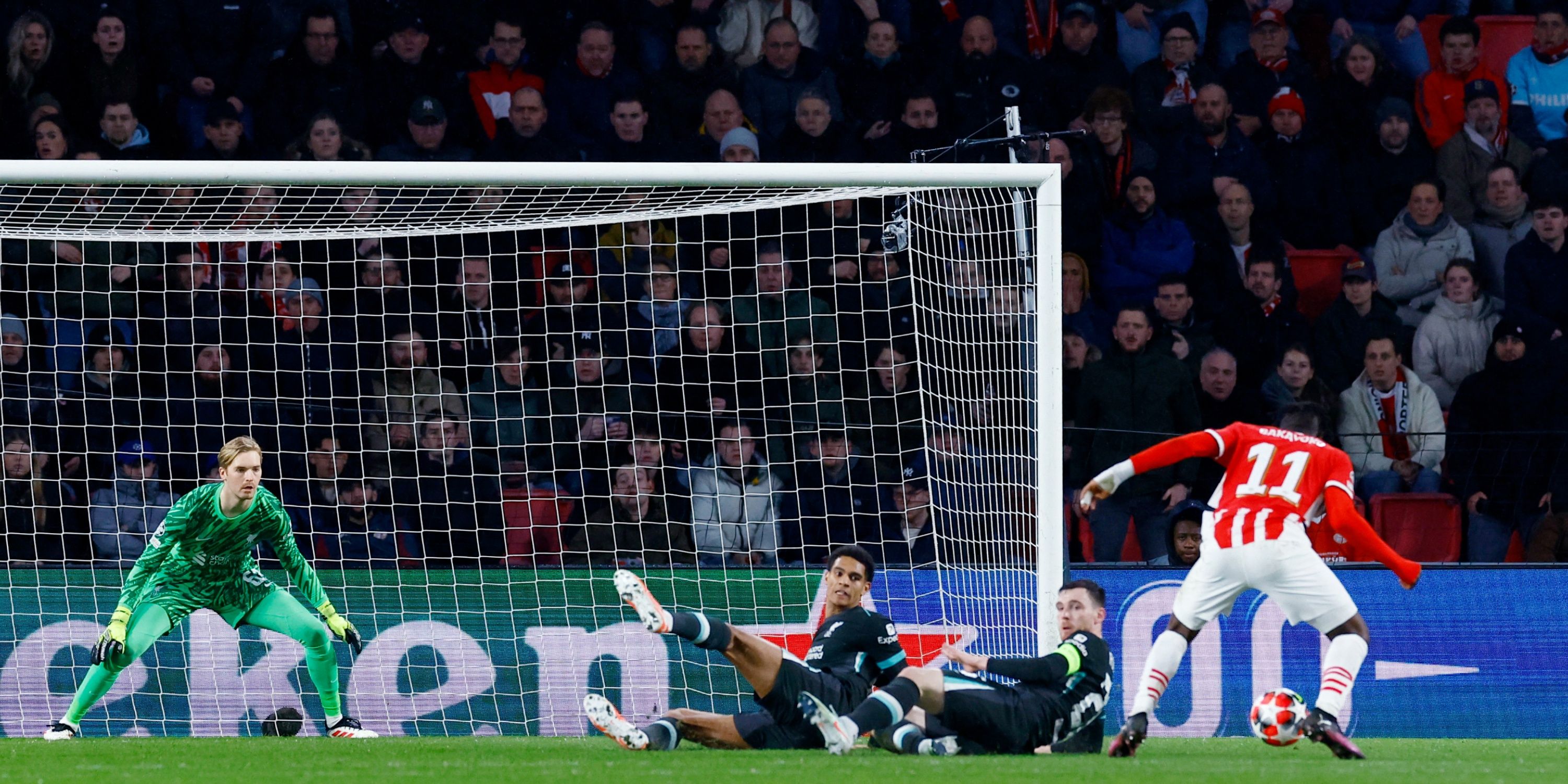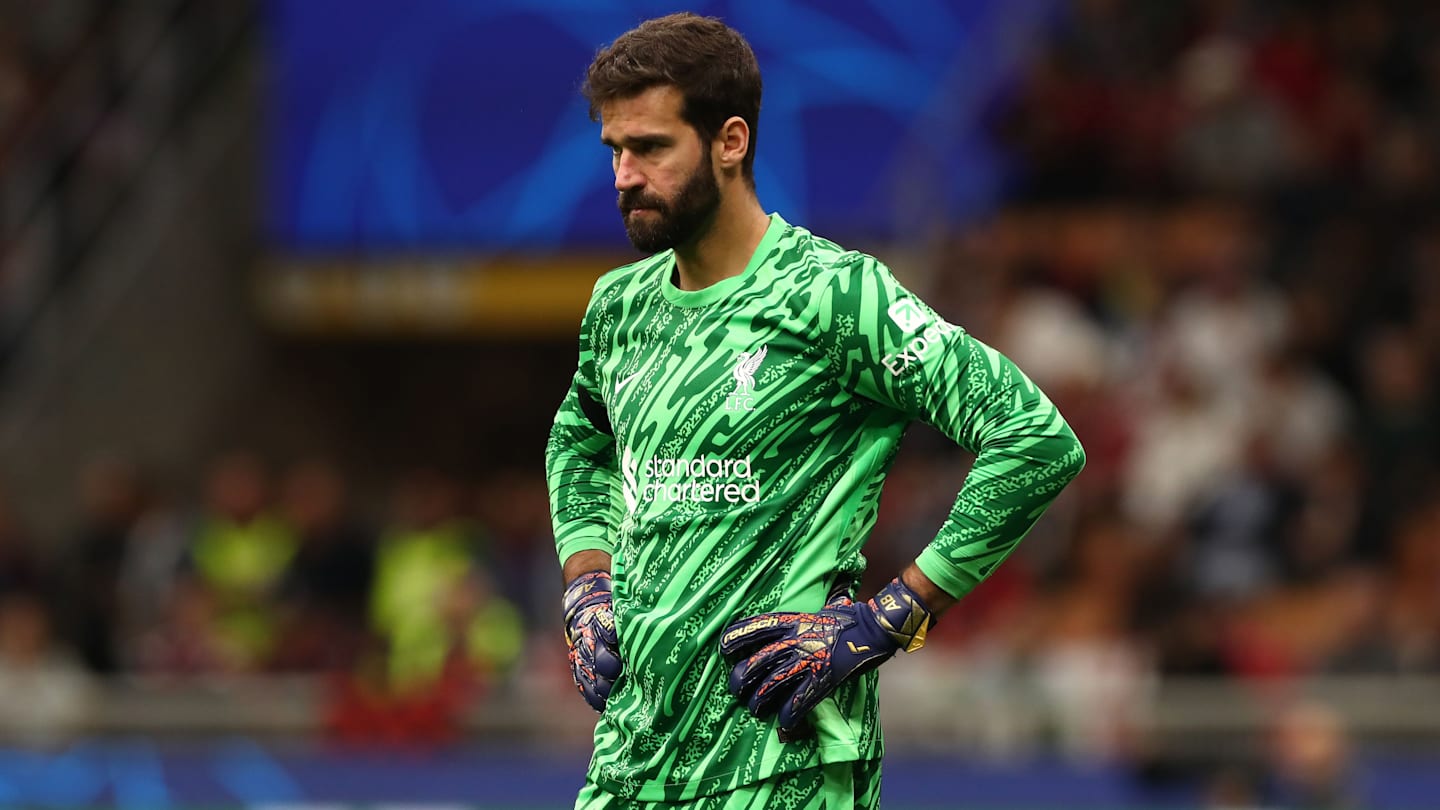Tech giant Google seems to be betting big on flimsy grounds to help overturn the CCI’s ruling in Google’s Android case, say competition law experts.
The grounds taken in the appeal by Google before NCLAT such as: CCI order is invalid because there was no judicial member; inquiry should be quashed because the petition was filed by the CCI’s two researchers working in the Investigation Division and the DG has copy pasted portions from EC ruling; are nothing but desperate pleas by the tech giant to weaponise the due process, they said.
Related Stories
CCI ruling on Android is a breakthrough triumph for digital markets in India
Norms outlined will create a level playing field for devices, operating systems, app stores and apps
NCLAT, on January 4, refused to grant any stay on CCI’s order passed against Google in Android matter where it was fined for its anti-competitive practices. On the eve of appeal hearing, it was widely reported that Google, in the appeal, has alleged that CCI has ‘extensively’ copy pasted portions of European Commission’s order involving similar issues in 2018.
Related Stories
Google questions ‘legal basis’ of seeking accurate financial information by CCI
Competition watchdog had asked Google to furnish the requisite financial details in 30 days; imposed only provisional penalty of ₹ 1,337.6 crore
But, if one were to go by the fine print — which the sections of media ignored, is that the Google’s allegations were not against CCI but against its investigation arm i.e. the Office of the Director-General (DG).
From the memorandum of appeal filed by Google before NCLAT, experts pointed out that the tech giant contended that the DG (the Investigating wing of the CCI) has copy-pasted parts of the European Commission’s conclusions in its 2018 Android decision (EC Decision), submitting them as the DG’s own finding without undertaking an independent investigation according to India specific evidence.
Google raised all these issues of copy-pasting by the DG and India-specific evidence before CCI in September 2022. The CCI examined and gave its reasoning in its order passed on 20.10.2022. The CCI noted that the DG is a fact-finding body and has to gather evidence and forward the same to the Commission. The process of adjudication starts post-submission of the investigation report. The CCI further added that the Commission has examined the evidence independently and findings have been arrived at based on material on record.
Google, in its appeal, claimed that the Commission instead should have sent the DG Report back to the DG for reinvestigation. This is untenable as very recently, NCLAT itself has clarified in DLF case that once the DG forwards the report of contravention, CCI cannot order a further investigation in the matter.
Also, NCLAT in another matter commented that the DG’s investigation report is ‘merely’ an opinion to ‘assist’ the CCI for appreciating the evidence collected by the DG in arriving at the final conclusion. It, further, added that the CCI cannot merely depend on the findings of the DG to hold violation of the Competition Act, 2002.
Legal experts believe CCI has taken a legally sound approach that DG has presented all the facts and evidence before it. Further, the CCI has given sufficient opportunity to rebut the evidence.
Thereafter, the CCI examined all the evidence as well as rebuttals of Google and gave findings against it. This is a standard practice. It has been further stressed by the experts that CCI has not acted merely as a rubber stamp of the conclusions drawn by the DG, but based on the readings of the order, it appears that CCI has applied its mind while reaching conclusions.
This is evident from the fact that CCI did not agree with the DG on one aspect of the Investigation. The DG, in its investigation report, questioned the manner in which Play Store policies are implemented by Google. However, CCI found the reasoning given by Google sufficient and rejected the findings of the DG.
The other plea of Google that inquiry should be quashed because complaint was filed by two researchers who were working at the DG Office, is equally fallacious as Supreme Court has clarified that any person can approach CCI by filing information and this statutory right of researchers cannot be negated, added experts.
As regards the lack of judicial members, the issue was very recently settled by NCLAT that a judicial member is not required to be part of the quorum of CCI as the statute does not contemplate so, pointed out experts.
It appears that Google is trying to weaponise due process by finding procedural loopholes to delay the implementation of the directions passed by the CCI. The ball is now in NCLAT’s court to decide the legality of objections raised by Google.
















